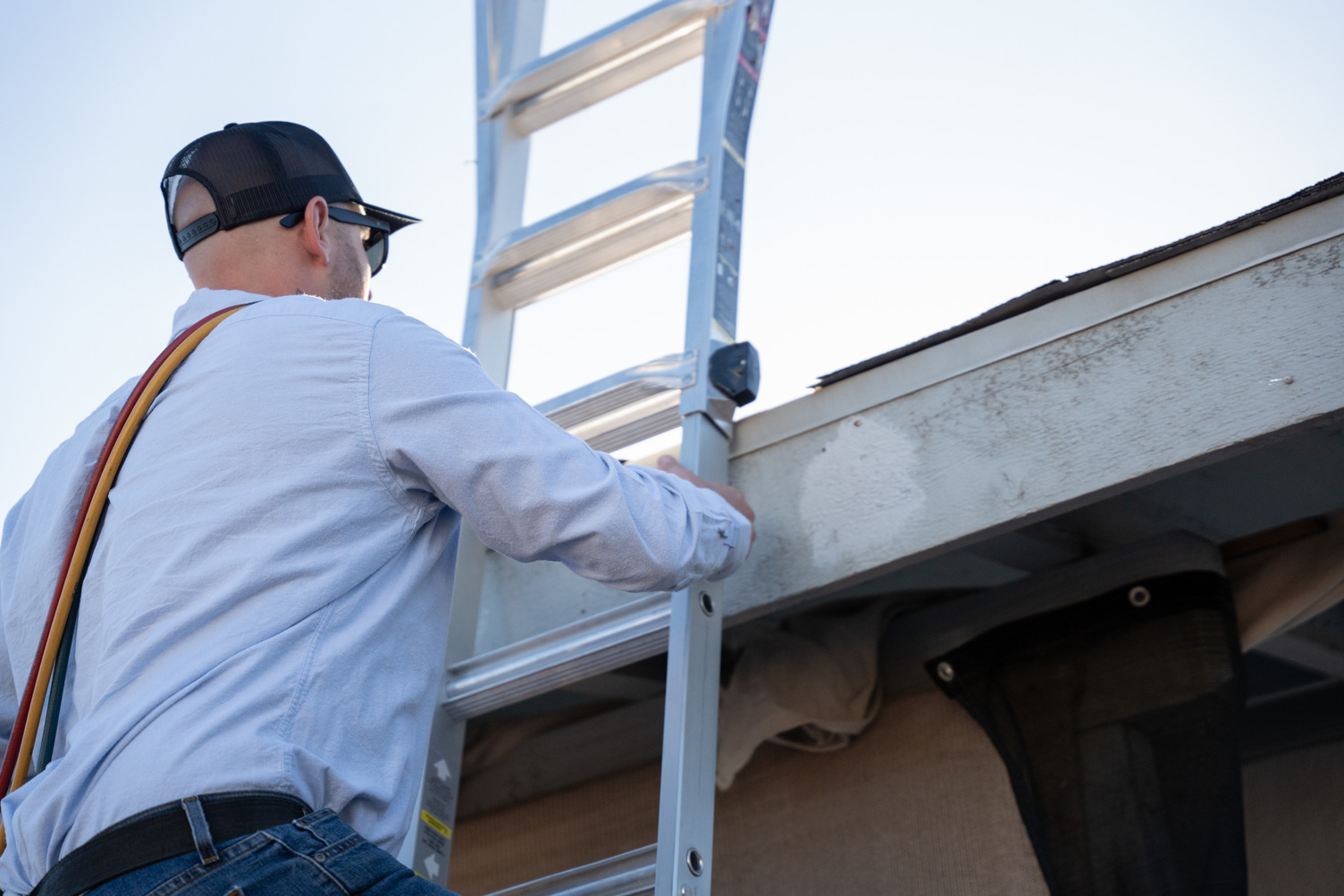RSI is a Great Training Option for Everyone
Learn more about how we can prepare you to advance your career.
The HVAC field offers more than just one way to build a career. Technicians can find work in a variety of settings, from homes to skyscrapers to manufacturing plants. Each path offers different challenges, environments, and skill demands. At The Refrigeration School, Inc. (RSI), students in the Refrigeration Technologies program learn core HVAC/R skills that prepare them for work across these different areas.
Understanding the Scope of HVAC Careers
The HVAC field spans a wide range of environments, leading to several distinct career paths. Choosing between residential, commercial, and industrial HVAC careers depends on your interests, work style, and technical goals.
All three career types rely on a shared foundation of technical knowledge. You’ll need to know how systems operate, how to diagnose problems, and how to complete repairs or installations. However, each setting places unique demands on HVAC professionals, now and in the future.
Whether you want steady work in homes, like solving problems in large office buildings, or prefer high-powered equipment in manufacturing plants, RSI’s training helps build the skills to match your goals.
Residential HVAC Careers: One-on-One Customer Work
Residential HVAC technicians primarily work in private homes and apartment complexes. This path typically involves installing, servicing, or repairing heating and cooling systems used by individuals and families.
Get Started on the Path to a New Career
Fill out our form to learn how we can help you change your life.
Common responsibilities include:
- Installing furnaces, air conditioners, and heat pumps
- Performing seasonal maintenance and inspections
- Diagnosing issues with thermostats or ductwork
- Educating homeowners about energy efficiency
Technicians in residential settings often work independently or in small teams. Communication skills are important, since you may spend time explaining repairs to homeowners. Schedules can be unpredictable, with emergency calls during hot summers or cold winters.
This career path is a good fit for those who enjoy working with people and value job variety.
Commercial HVAC Service: Larger Systems and Bigger Spaces
Commercial HVAC technicians work in office buildings, schools, retail stores, restaurants, and other public or business settings. These systems are larger, more complex, and often controlled by centralized units.
Technicians in commercial roles may be responsible for:
- Installing rooftop units or multi-zone systems
- Servicing ventilation systems in large structures
- Maintaining temperature control for sensitive equipment
- Following strict building codes and safety regulations
Commercial work often requires collaboration with other trades, such as electricians and building engineers. These jobs may be part of long-term contracts with property management companies or involve scheduled service visits.
If you are drawn to solving more technical problems and want to develop deep knowledge of system components, commercial HVAC work may be a strong match.
Industrial HVAC: Technical Skills in High-Demand Settings
Industrial HVAC jobs focus on systems used in manufacturing, processing plants, refineries, and large-scale warehouses. These environments often demand specialized systems for ventilation, environmental controls, and cooling of heavy machinery.
Tasks in industrial settings may include:
- Maintaining chillers, boilers, and cooling towers
- Troubleshooting systems critical to production operations
- Working in confined or elevated spaces
- Following detailed safety procedures and regulations
These types of HVAC jobs usually require strong mechanical skills and an ability to read complex schematics or technical manuals. These roles may involve working with hazardous materials or managing energy-efficient solutions for large-scale operations.
This career path suits those who enjoy technical work, working with heavy equipment, and contributing to large operations.
Choosing the Right HVAC Career Type for You
Each HVAC career type has its own rewards and demands. Choosing a direction depends on your strengths, interests, and long-term career goals:
- Prefer working directly with customers? Residential HVAC may offer more personal interaction.
- Want to handle bigger systems and work on teams? Commercial HVAC service could be the right fit.
- Enjoy technical complexity and high-stakes environments? Industrial HVAC offers those challenges.
At RSI, students receive training that covers core principles of all three paths. The Refrigeration Technologies program takes just seven months to complete and prepares students for entry-level roles in HVAC and refrigeration. With flexible class schedules and hands-on instruction, RSI gives you the training to start strong and grow in whichever career type you choose.
Whether you’re aiming for residential repair or large-scale system maintenance, HVAC careers offer a range of paths for motivated, skilled technicians.
To learn more about enrollment in RSI’s HVAC/R program, other program options, or class schedules, contact us today or call 1-855-935-0486.




